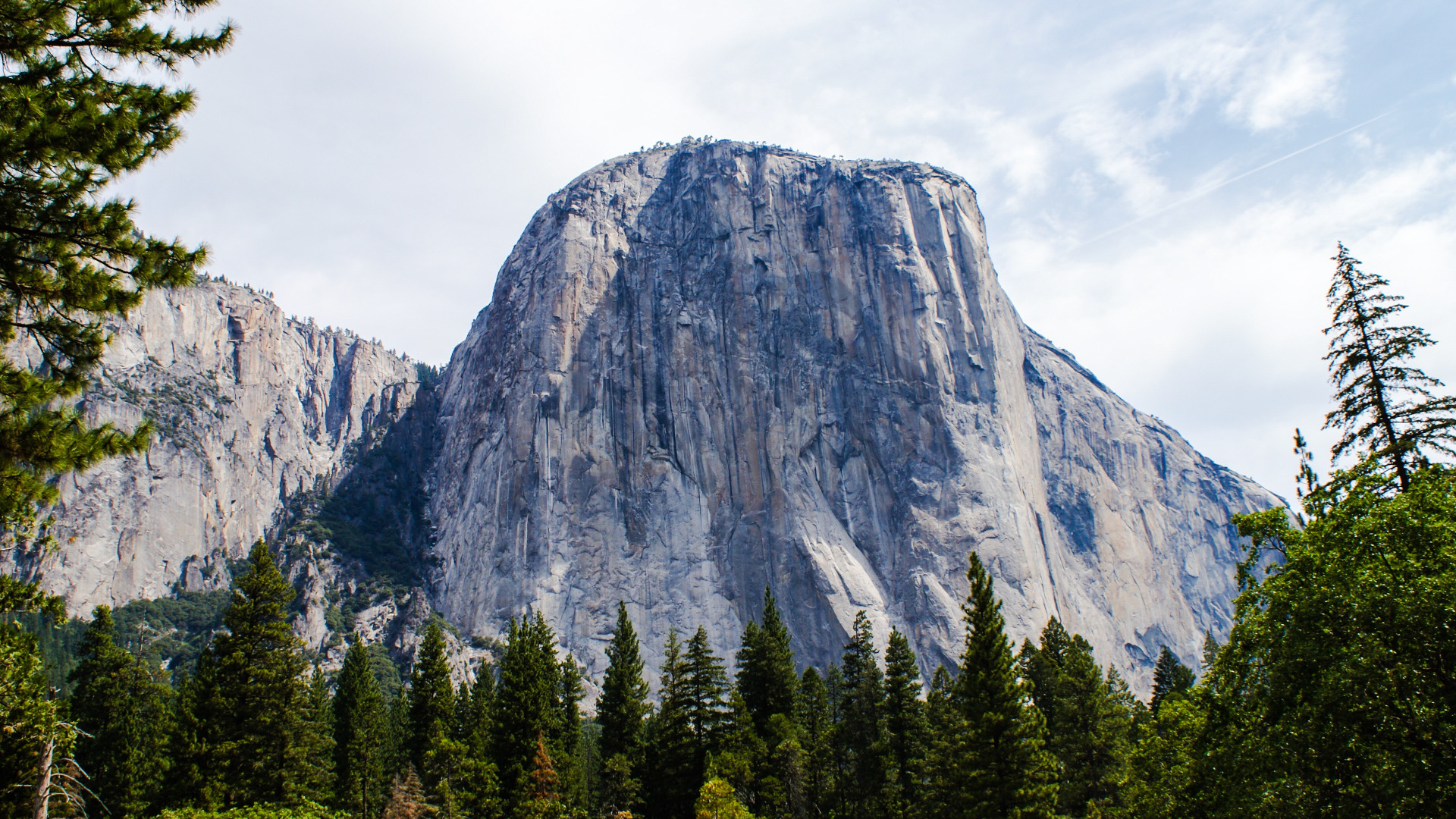Rock climbers help Yosemite peregrine falcons back to the skies as conservation scheme scales new heights
Yosemite's peregrine population has boomed with the help of the climbing community

All the latest inspiration, tips and guides to help you plan your next Advnture!
You are now subscribed
Your newsletter sign-up was successful
Once on the brink of extinction, Yosemite’s iconic peregrine falcons are now thriving thanks to the cooperation of climbers.
No longer endangered, the number of peregrine breeding pairs has skyrocketed from just eight in 2009 to 17 today, all thanks to a 15 year collaborative recovery scheme involving climbers, the National Park Service and the Yosemite Conservancy.
Amongst other measures, the protective plan safeguards peregrines by closing popular climbing routes near their cliff-side nests during their breeding season from March to July.
Happy to help, climbers have forgone some of their favorite routes in aid of the restoration project, which has so far been successful with 51 new nests and 383 chicks spotted since its launch.
Native to the ancient park, these falcons nest in Yosemite’s cliffs as the sheer walls shield chicks from terrestrial predators and the high altitude allows them to keep an eye out for threats from below.

This isn’t the first time climbers have come to the peregrine’s rescue. In 1974, there were only 324 known breeding pairs in the US, plummeting from the pre-war total of 2,800, thought to be due to usage of DDT pesticide, which caused egg-shells to thin and easily break.
Circumstances were particularly dire in Yosemite, where peregrines weren't spotted in the 37 years between 1941 and 1978. In the latter year, four climbers tackling the infamous El Capitan were shocked to spot an active nest. Seizing the rare opportunity, the Santa Cruz Predatory Bird Research Group hired another group of climbers rescue several eggs, avoiding angry peregrine parents diving towards them at upwards of 200 mph / 322 kmph.
All the latest inspiration, tips and guides to help you plan your next Advnture!
Once on the ground, the eggs were incubated and hatched safely before the young falcons were sent back to their nests. With the assistance of climbers, similar efforts have resulted in the release of more than 1,000 peregrines back into the wild, across the US.
- The best women's climbing shoes 2024 for indoor climbing sessions, valley cragging and all-day mountain adventures
- Rock climbing gear list an expert guide to the 12 essentials

Will Symons developed his love of the outdoors as a student, exploring every inch of Sussex’s South Downs national park and swimming off the Brighton seafront. Now a staff writer for Advnture, Will previously worked as a freelance journalist and writer, covering everything from cricket to ancient history. Like most Advnture staff, Will’s free time is rarely spent indoors, he can often be found hiking, open water swimming or playing cricket.
